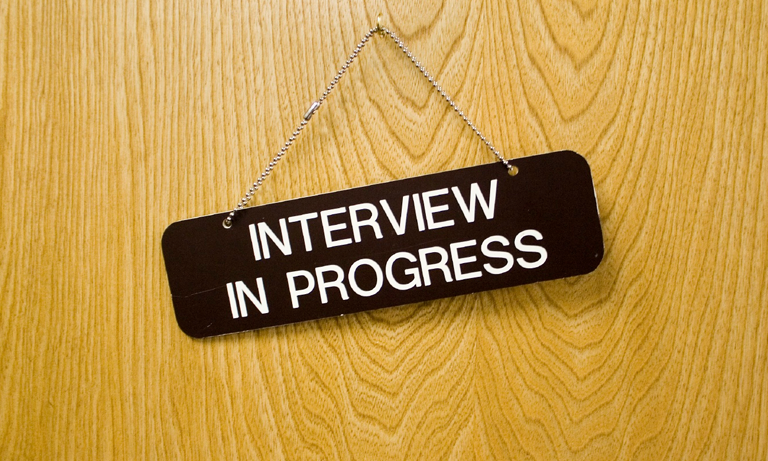 Graduates are often made aware of the application process, the realities of the jobs for which they apply and the type of questions they might receive during interview
Graduates are often made aware of the application process, the realities of the jobs for which they apply and the type of questions they might receive during interviewWhen you open a can of cola, you expect some fizz and then some sweet soda; you do not expect it to contain fine vintage wine. In the context of academic job interviews, the interviewers expect the opposite: they want the ‘can’ (you, the interviewee) to contain more than simply what is written on the tin (excuse the slight mixed metaphor).
The interviewers want a refined, multi-dimensional and satisfying question-and-answer conversation during which they can learn something more about the potential future colleague than simply that their dissertation “is about a cutting-edge theory” or that they “like to teach”.
‘Dr Messy’
Sometimes a candidate for an academic post may appear on paper to be on the verge of overqualified but let themselves down by being ill-prepared for the interview. Robert Simon, associate professor of Spanish and Portuguese at Kennesaw State University, recently related in Inside Higher Ed how a candidate performed his interview on a shakily-held iPhone with the area behind him looking like a bomb had gone off. When referencing him, the interview panel soon had him nicknamed ‘Dr Messy’.
Worse still, the candidate appeared so over-prepared that he could not supply a single original idea with regard to teaching, instead hesitantly parroting standard canned answers such as “I believe teaching is important” and “I have a passion for teaching.”
Over-preparation
Perhaps the problem lies in the mentoring academic candidates receive, with advising a graduate to give concise answers tipping them into giving overly-scripted ones.
Graduates are often made aware of the application process, the realities of the jobs for which they apply and the type of questions they might receive during interview. They are often then advised to practise their answers and to summarise their dissertation into a 30-second soundbite or their teaching philosophy into a couple of brief examples.
This can be taken too far, with candidates giving the impression they do not understand the nuances of the questions asked. Worse still, it can seem that they are more interested in firing off a few quick responses and getting the interview over as soon as possible.
To survive through to the final shortlist for a post, it is vital that a candidate can demonstrate the ability to answer a question both thoughtfully and appropriately without seeming over-prepared.
Too clever for your own good?
There is also a danger with academic candidates that they can be so involved with their own research that they lose track of the interviewer’s question. If asked about the relationship between research and teaching, do not talk about your dissertation and future publications to the point you have not answered the question.
You should obviously have some idea about what you would like to say in interview and perhaps even a set structure for doing so. By all means study the institution to which you are applying; however, you should speak from experience and the heart, not from a script!
Join Over 40,000 Recruiters. Get our latest articles weekly, all FREE – SEND ME ARTICLES
Recruiters love this COMPLETE set of Accredited Recruitment & HR Training – View Training Brochure








